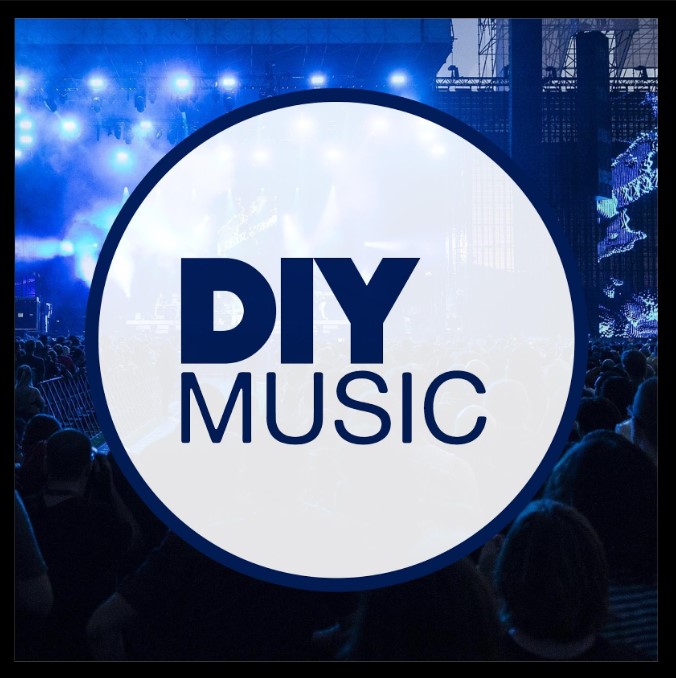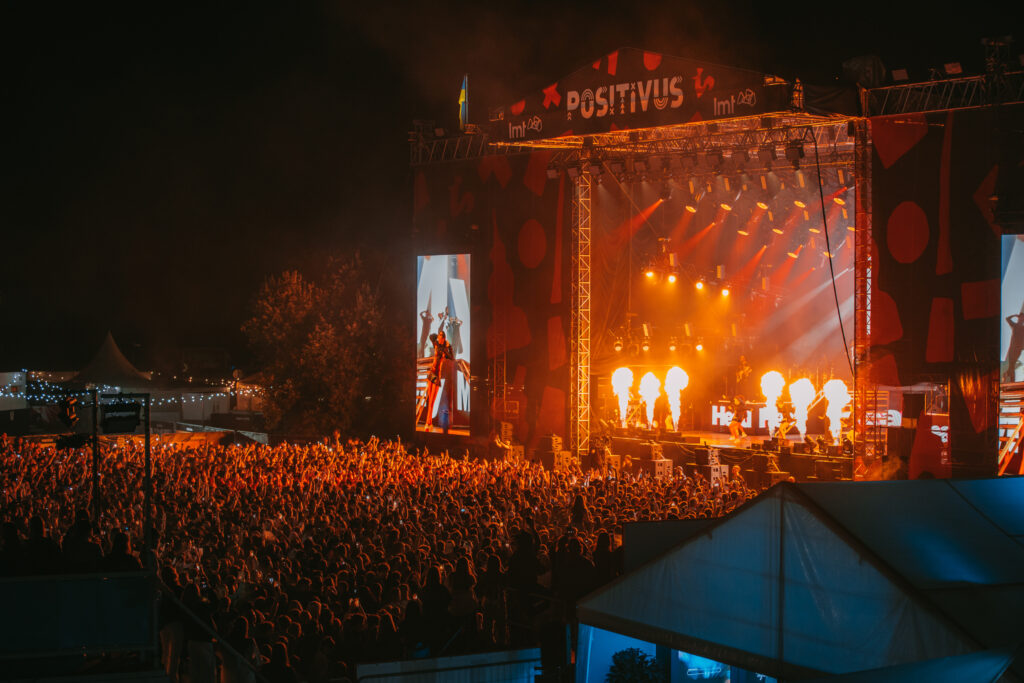
Your first impression of the beautiful Latvian capital Riga, is that it’s a thriving European capital, both steeped in history, and boasting a young vibrant, modern and welcoming society. Your second is that it’s an ideal location for an international, multicultural music festival, which Positivus – now in its 11th year and the biggest festival in the Baltics – undoubtedly is.
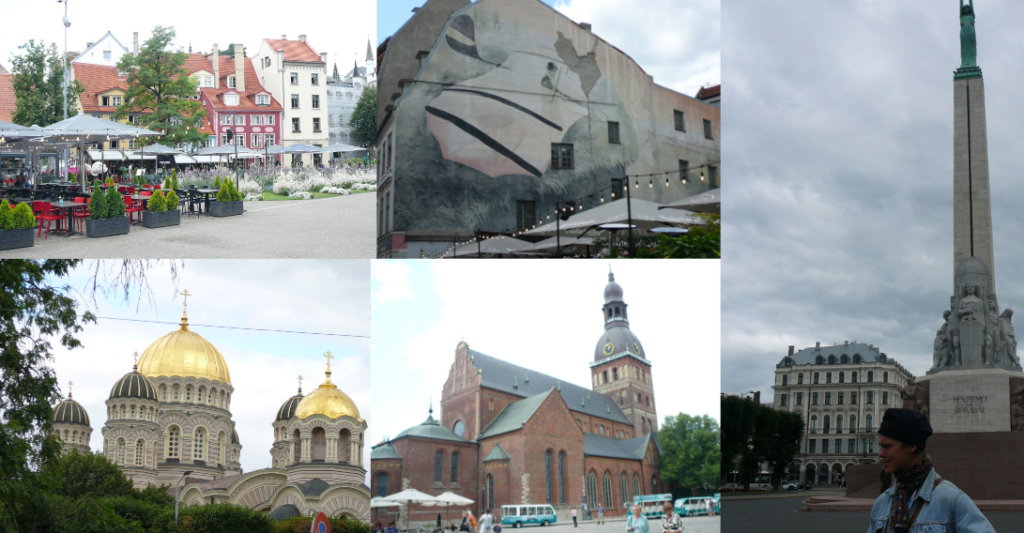
Dig a bit deeper and you discover the challenges past and present it has taken to get there. As mentioned during our pre-festival city tour, “Latvia doesn’t make history, history comes to Latvia”, as evidenced from the very beginning when, in the 13th Century, the Vatican sent Bishop Albert from Bremen to convert the then-pagan society to Christianity, and Riga was founded, becoming part of the Holy Roman Empire and heralding in the Germanic period. With the establishment of the highly successful trading pact – the Hanseatic league – Riga became a prosperous city and started to attract unwanted attention for the rest of its history. It’s since continually changed hands, initially with the Polish Lithuanian commonwealth, then was integrated into the Swedish empire during the 17th Century, who were in turn defeated in the 18th Century by Peter the Great and became a feudal society under Russian occupation.
During this period, Riga became a major manufacturing centre and saw the major migration of Russians to work in the factories, which explains why 40% of the population still speak Russian as their first language. In 1918, Latvia – for the first time in its history – achieves independence, but that only lasts until 1940 with Russia and Germany invading over the next four years, with it staying as part of the Soviet Union until 1990, when it finally gained its current independence and moved towards closer integration with the West. But even now, Russian and German influences are very much still in evidence.
It is little surprise that Latvia has struggled with its own identity as it has only been a “country” for less than 60 years.
Even today, there are internal pressures of sharing a border with Russia and – with a population of whom 40% still speak Russian as their first language – some comfort is derived from being in the EU and part of NATO. It’s no wonder that their support for Ukraine is evident everywhere; both via Ukrainian artists playing and a special Music Saves UA (Ukraine) activation at the festival itself.
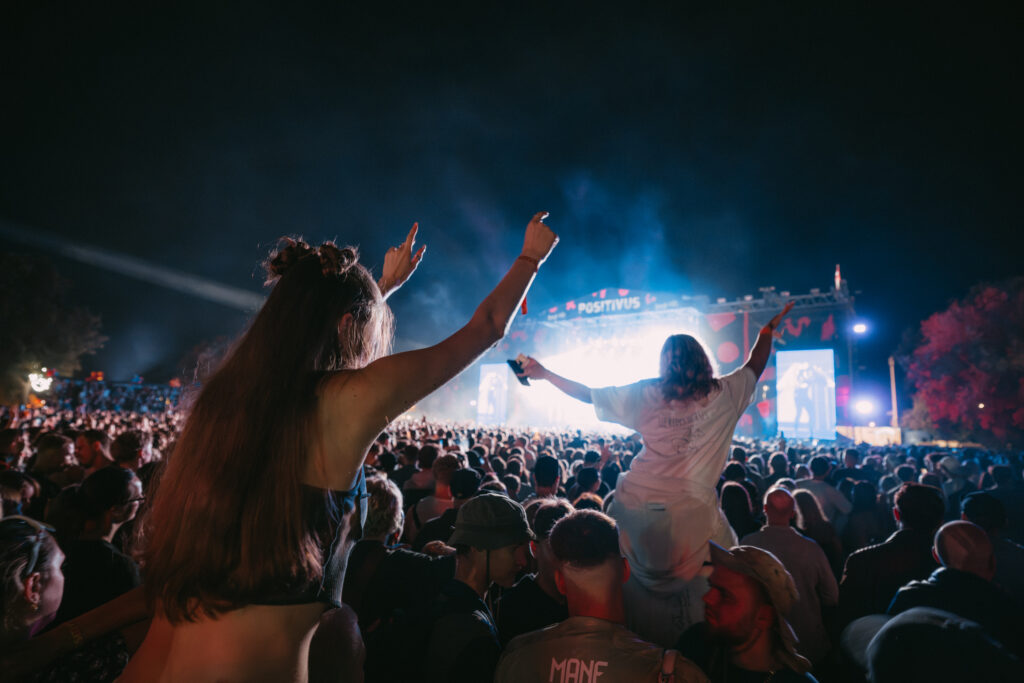
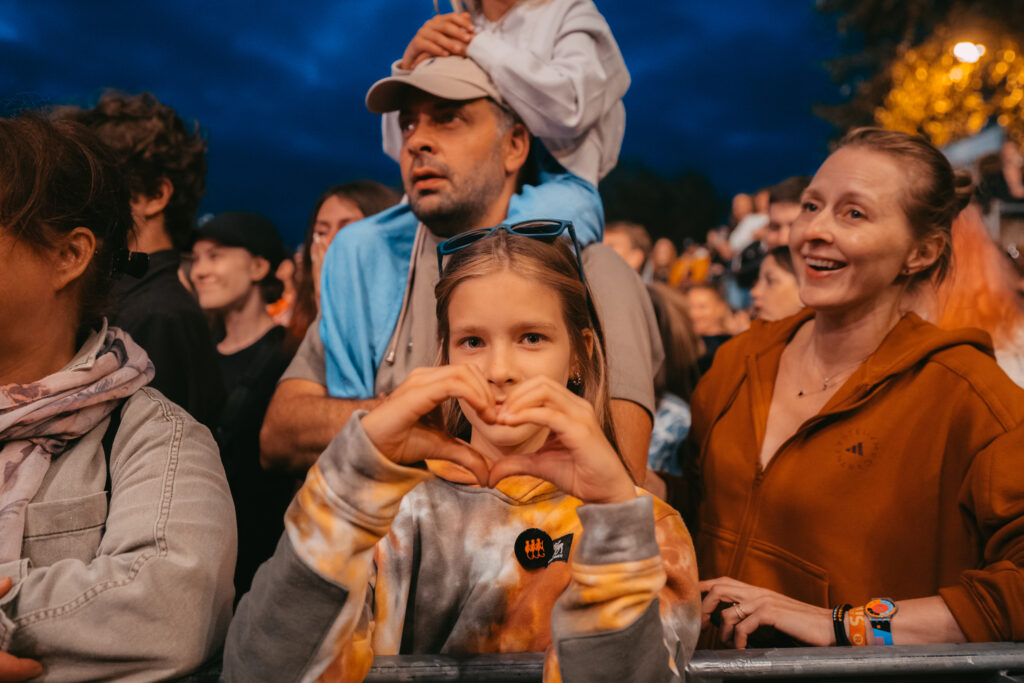
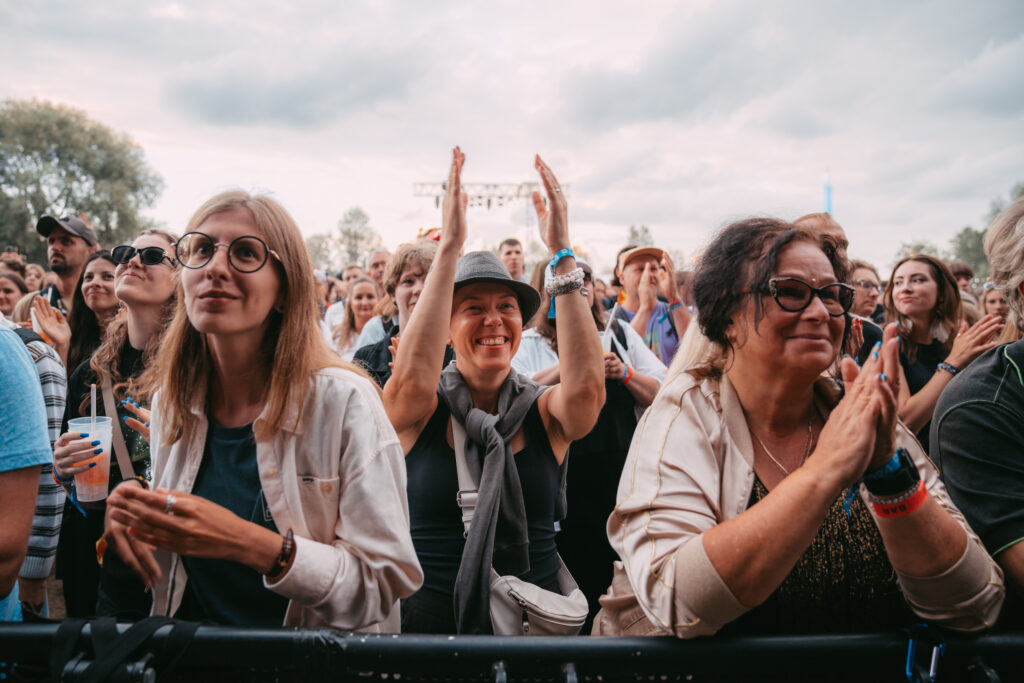
When you step onto the Positivus festival ground – a short ride from the Riga centre – none of this is apparent with crowds of predominantly young, excited 16-35 year olds, but with the nice touch of parents with children, moving around the event’s three stages, and fashion and culture zones, to a cross genre and cross language mix of music, attended by all the international brand sponsor activations.
As an independent festival fighting for talent against the giants of Central Europe and neighbouring Slovakia (Pohoda) and Poland (Open’er), it’s understandable that Positivus can’t compete for the giant headliners they attracted in yesteryear, but they meet the challenge by providing something for everyone for their audience.
Of course, this is Latvia, so there has to be some external influence – this time a global outage! A juggling act of cancelled artist flights and line-up disruption, all were handled in the calm Latvian style by the Positivus team.
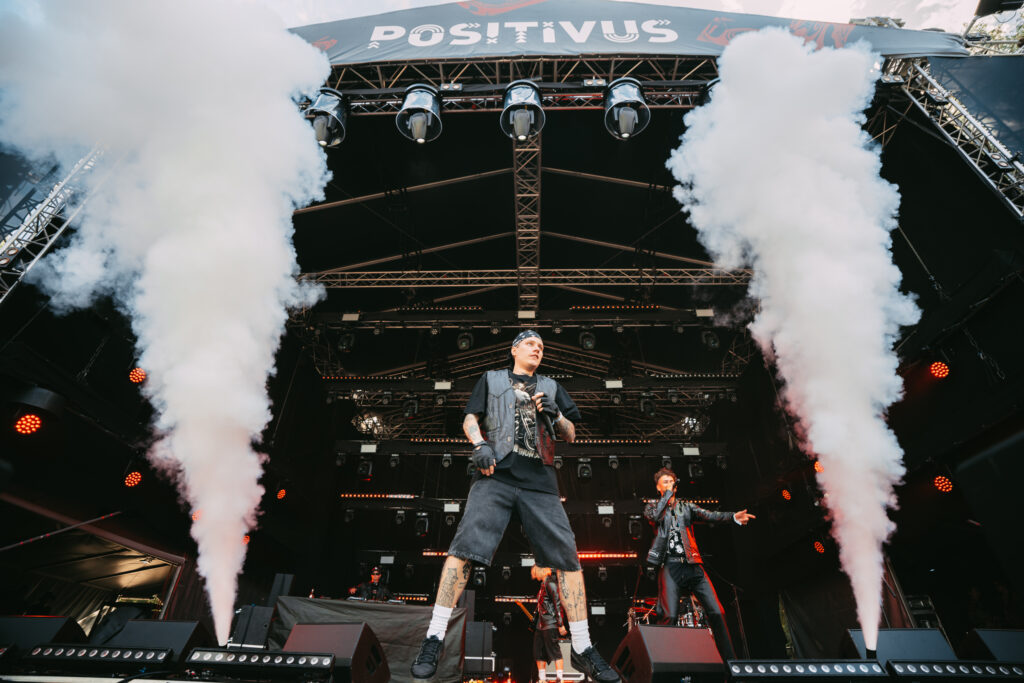
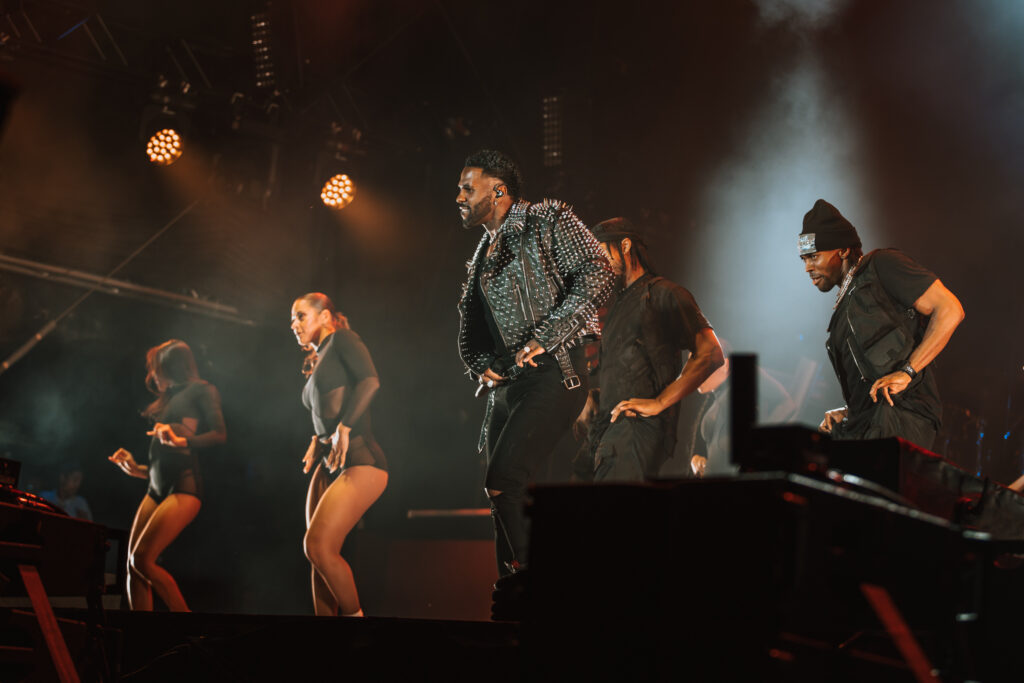
A big dose of local and international hip hop lead the line-up with Jason Derulo and local superstar Ozols – often referred to as the “Kig of Latvian rap”, keeping crowds buzzing across the weekend.
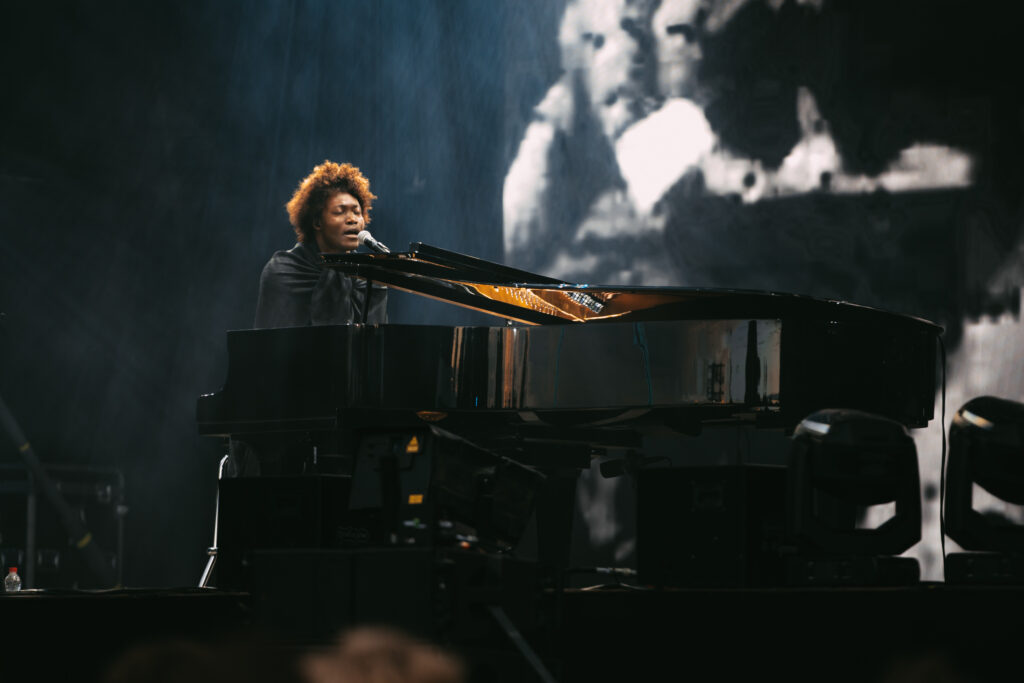
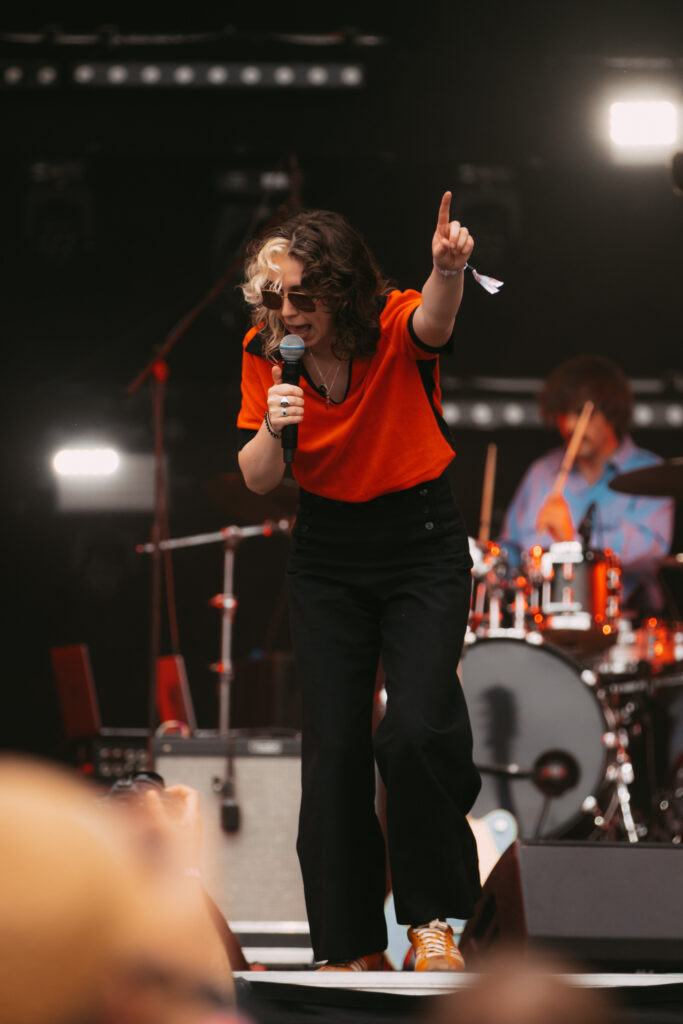
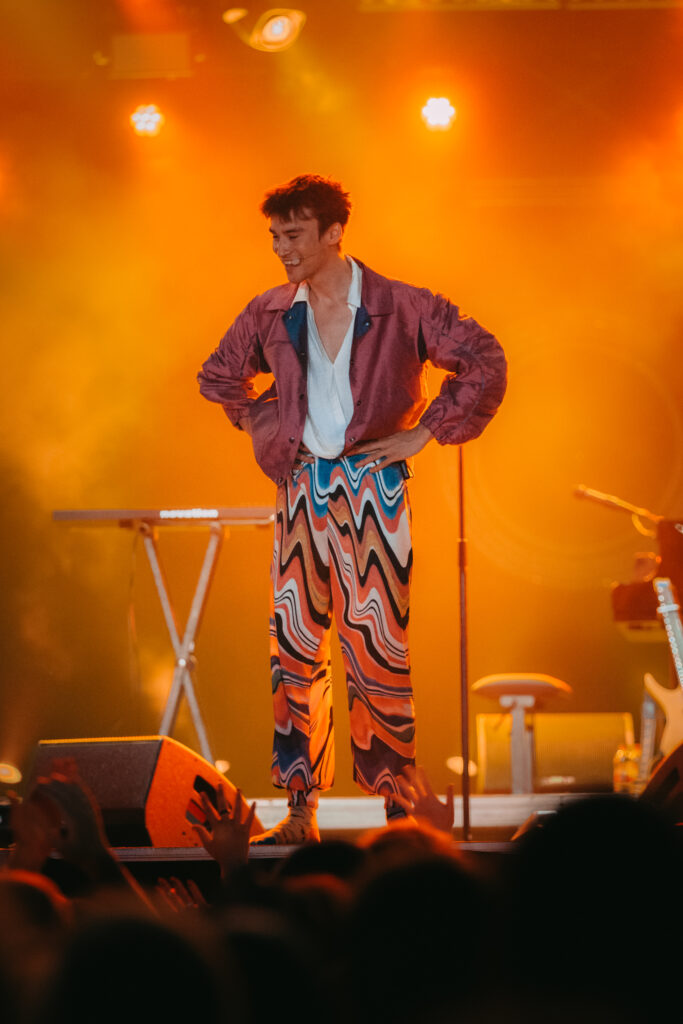
Meanwhile, there’s a cross section of pure entertainment from acts such as Will Butler & Sister Squares, alongside UK artists Jacob Collier, Benjamin Clementine, and Picture Parlour all adding to the international variety in the line-up, with the festival also giving slots to Ukrainian artists such as Love ‘n Joy as part of their support for the struggle.
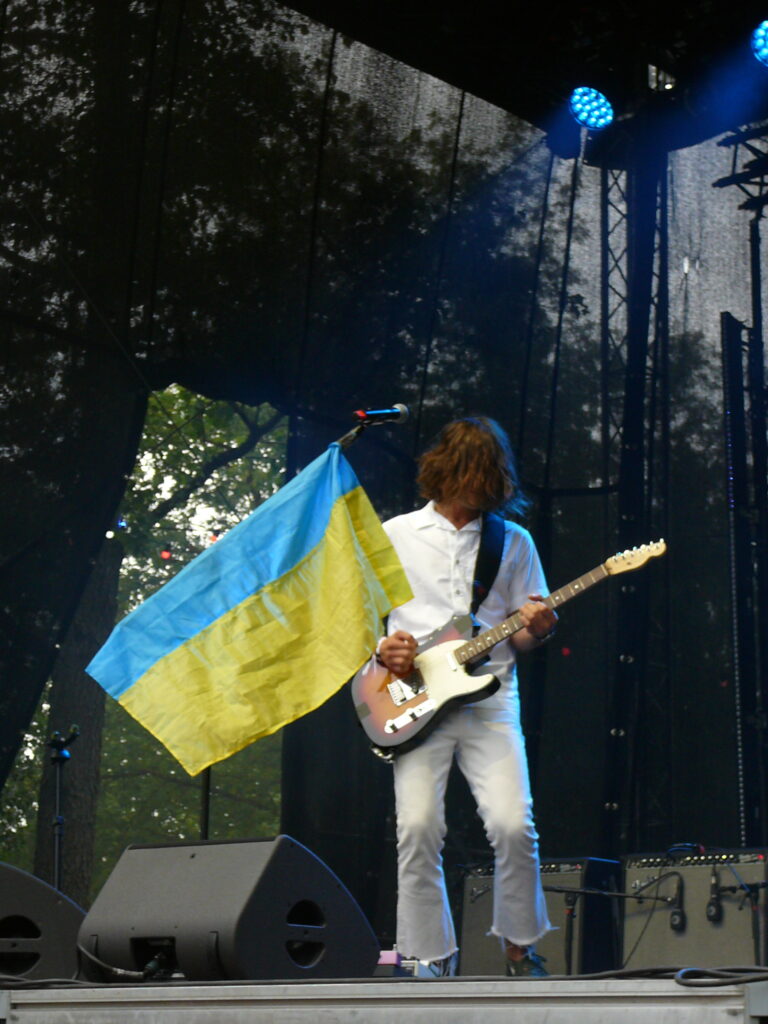
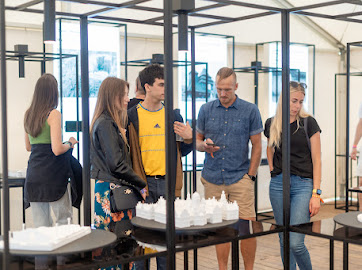
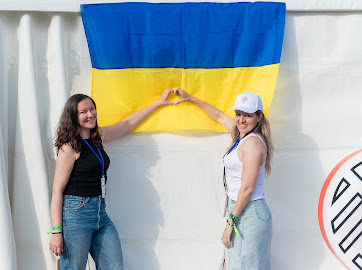
If you want a change from the sweltering heat, as well as a fun music experience in a beautiful city with so much to enjoy (most of which is in walking distance, and can all be experienced in a weekend), then Positivus is one to seriously consider.
It’s without doubt that Positivus – as its name suggests – is doing so much good for its country and finding a special space in the music tourism industry. It might even be making a piece of Latvian history after all…
Find out more about our festival partnerships.
You can keep up to date with all our festival partnership news when you subscribe to our newsletter.
